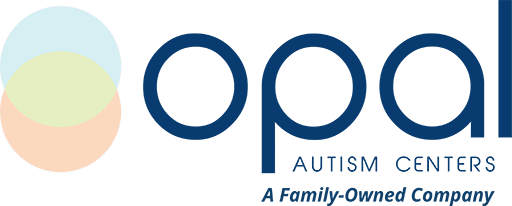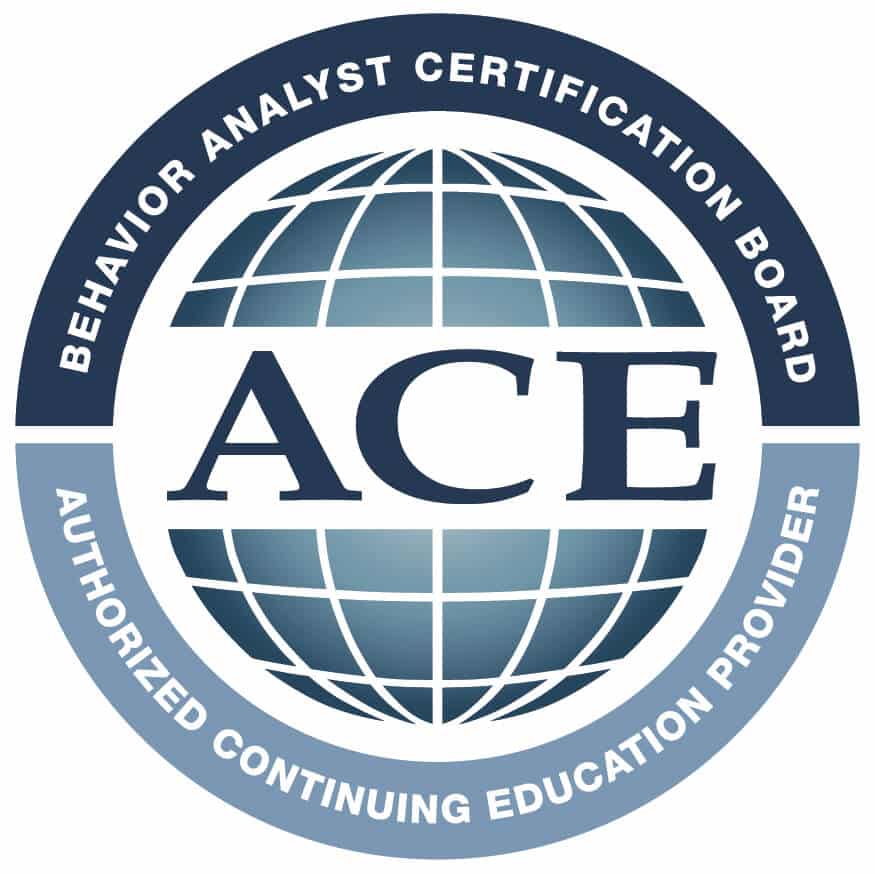Choosing the correct therapeutic environment may make a significant difference in helping children with Autism Spectrum Disorder (ASD) flourish. Applied Behavior Analysis (ABA) is a very effective strategy, but parents frequently face the difficult decision of whether to pursue home-based or center-based therapy. Each choice has distinct benefits and drawbacks, and what works best for one child may not for another.
This article explores the key differences between home-based and center-based ABA, providing you with the insights needed to make an informed decision that best supports your child’s development and your family’s needs.
Understanding ABA Therapy
Applied Behavior Analysis, or ABA, is a popular method for helping people with Autism Spectrum Disorder gain critical skills and improve their quality of life. ABA treatment focuses on understanding how actions and learning occur. It is about applying scientific approaches to encourage positive behaviors while reducing those that may be detrimental or impede learning. Each therapeutic plan is tailored to the specific needs of the client.
What is Home-based ABA?
Home-based ABA therapy happens right in the comfort of your own home, with a skilled therapist coming to work with your child using Applied Behavior Analysis principles to help them develop critical skills and habits.
There are several advantages to this approach. The familiar environment can make your child feel more at ease, leading to better learning and growth. The flexibility in scheduling allows therapy sessions to be planned at convenient times for your family, making it easier to fit into your daily routine. Additionally, family members can easily be involved, providing consistent support and reinforcing what the child is learning.
However, there are some drawbacks. The home setting can be more distracting, with pets, siblings, and household noises making it harder for the child to focus. Moreover, therapy centers often have specialized equipment and resources not available at home, limiting the range of activities and exercises that can be performed during sessions.
What is Center-based ABA?
Center-based ABA therapy takes place in a specialized facility designed specifically for learning and growth. Your child visits the center to work with therapists in a structured environment, which offers several unique benefits.
The structured setting reduces distractions, helping your child concentrate better and get the most out of each session. Centers are equipped with specialized equipment and resources, such as sensory apparatus and instructional materials, that enhance therapy. Additionally, the center provides opportunities for your child to interact with peers, which can be valuable for developing social skills and building friendships.
However, center-based therapy usually follows a fixed schedule, which might be less flexible than home-based therapy and harder to fit into your family’s routine. The travel time and transportation costs associated with getting to and from the therapy center can also add up and become a burden for some families.
Key Differences Between Home-based and Center-based ABA
When choosing between home-based and center-based ABA therapy, there are several key differences to consider.
- Environment and Setting: Home-based therapy takes place in the comfort of your own home, providing a familiar and personalized setting for your child. In contrast, center-based therapy occurs in a dedicated facility designed to minimize distractions and maximize learning.
- Flexibility and Convenience: Home-based therapy often offers more flexible scheduling, allowing sessions to fit into your family’s routine more easily. Center-based therapy, however, typically follows a fixed schedule, which can be less accommodating to your family’s needs.
- Access to Resources and Equipment: Therapy centers are equipped with specialized tools and resources that might not be available at home. This access can enhance the therapy experience, offering a wider range of activities and exercises for your child.
- Level of Socialization: Center-based therapy provides opportunities for your child to interact with peers, which can be beneficial for developing social skills. Home-based therapy may not offer the same level of peer interaction, potentially limiting socialization opportunities.
- Involvement of Family Members: Home-based therapy allows for greater involvement of family members in the therapy process. This can be helpful in reinforcing learning and providing consistent support. Center-based therapy, while still involving family, may not offer the same level of direct participation.
Conclusion: Which Is Better for Your Child?
Choosing between home-based and center-based ABA therapy depends on your child’s unique needs and your family’s lifestyle. Home-based therapy offers flexibility and a familiar environment, ideal for children who thrive at home. Center-based therapy provides structured settings, access to specialized resources, and opportunities for socialization with peers.
Consider your child’s preferences, your family’s schedule, the resources each setting offers, and your long-term developmental goals for your child. Consulting with ABA professionals can help you make the best choice for your child’s growth and happiness.







